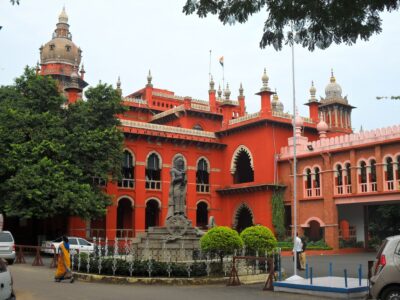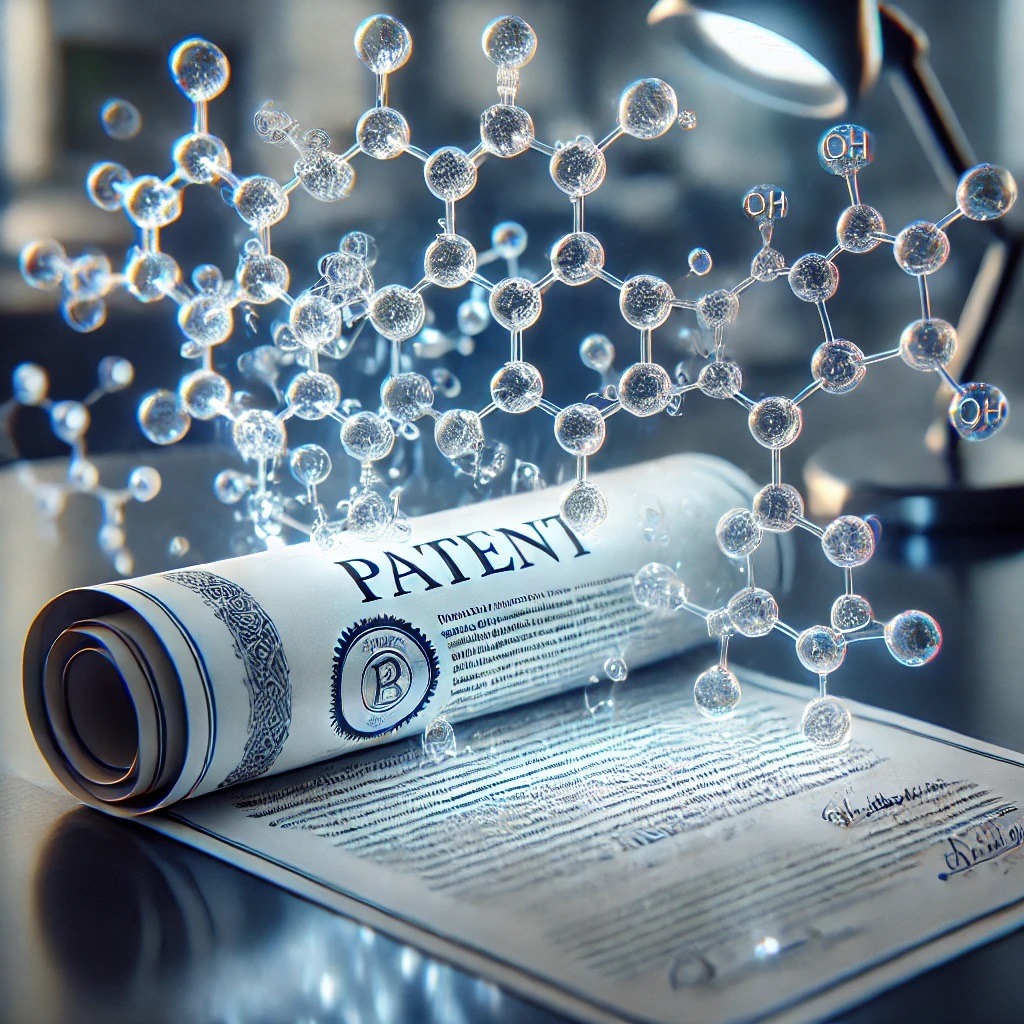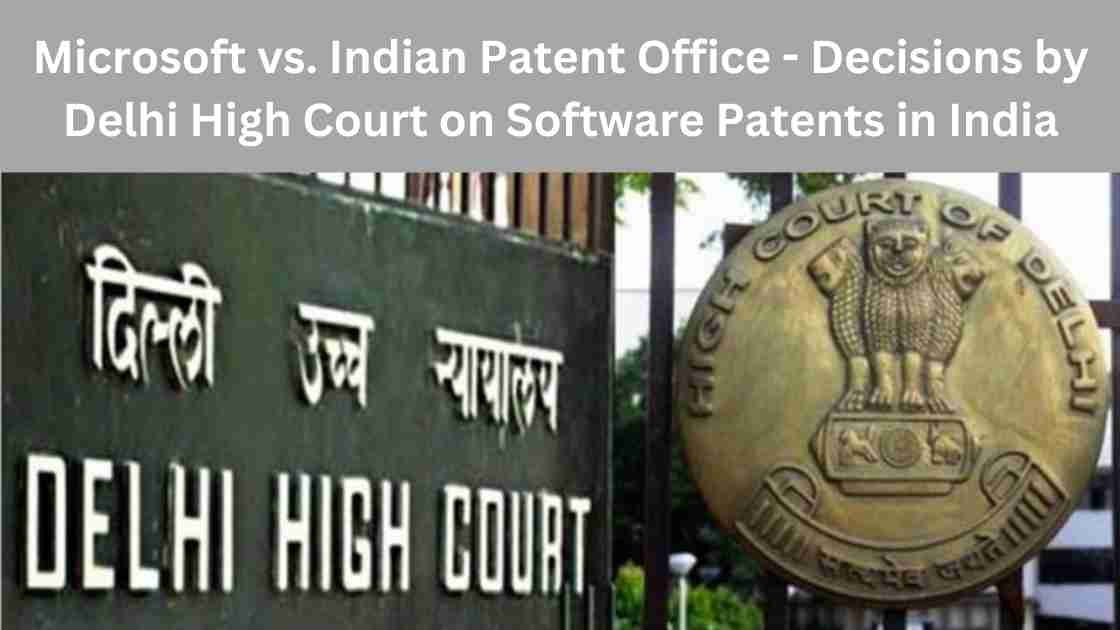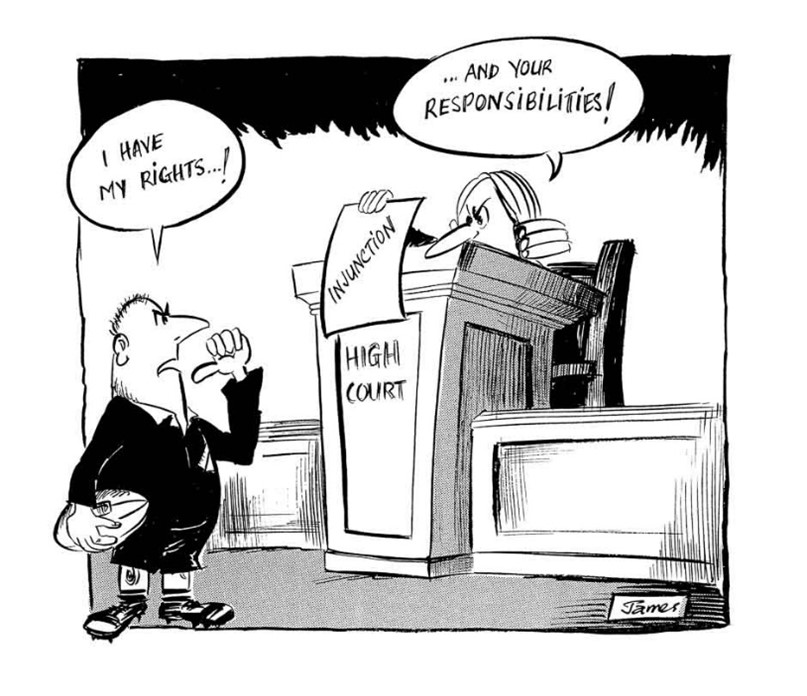Tag: Patents

What are Intellectual Property Rights?
Intellectual Property (IP) encompasses intangible assets such as patents, copyright, trademarks, industrial design, geographical indications, and trade secrets. Intellectual Property Rights are conferred to the intellectual property owners to restrict others from copying their creations. The creations could be inventions, books, music, songs, brand names or trademarks, product designs, confidential information, etc. Depending upon the type of intellectual property, protection may be conferred automatically for a few, and for others, the intellectual property owner must apply for protection in desired countries. Types of Intellectual Property (IP) Protection Types of ProtectionTypes of Intellectual PropertyAutomatic ProtectionCopyright (advisable to register) Trade Secrets (however steps should be taken to keep the information secret)To Be Applied for ProtectionPatents, Trademarks, Industrial Designs, and Geographical Indications. One Product – Multiple Intellectual Property Rights Depending upon the subject matter involved, a product includes multiple intellectual property rights i.e., a product can have underlying intellectual property right protection under…

What is a Patent?
Before we answer this question, it is important to first understand what intellectual property or IP is. IP refers to intangible assets created by human intellect. e.g. copyright on any story, trademark for a logo, design for the shape of a bottle, etc. Similarly, patent is also a type of IP granted for an invention which fulfills the statutory requirements. By way of this IP, you basically get some rights. Now coming back to patents, shorn of its statutory intricacies and procedural niceties, a patent most simply put is a right bestowed on a person, by which he can prevent others from using his invention without his consent. The key word above is invention. Not every product or process you develop qualifies to be an invention. It has to be ‘novel’. It also shouldn’t be very obvious. To make things more confounding, some things aren’t patentable at all, no matter…

Madras High Court Condones Delay in Responding to FER
The Hon'ble Madras High Court holds that the bar on the Controller of Patents to extend the time prescribed for replying to the First Examination Report under Rule 138 of the Patent Rules, 2003 read with sub-rule (5) of Rule 24B, beyond a period of six months, could be relaxed by the Court exercising its jurisdiction under Article 226 of the Constitution of India, if convinced that the situation warrants such condonation. PNB Vesper Life Science Pvt Ltd vs The Controller General of Patents (Madras High Court on 14th March, 2022) The Petitioner is a Research-based Bio-Pharmaceutical Organization, incorporated under the Companies Act, 1956 in the year 2011, involved in the business of developing drugs for the treatment of serious diseases. A patent Application titled ‘Novel Cholecystokini, Receptor Ligands’ was filed by the petitioner before the Patent Office at Chennai. The Patent relates to a drug used in the treatment…

Patent Filing Procedure in India
Once you’ve decided to go for patent registration, the next step is to prepare the patent specification. Patent applications can be filed in India by a registered patent attorney. A Patent Attorney who is well versed with the patent filing procedure in India will help you prepare a written specification, drawings, and the necessary forms for filing your patent application in the Indian Patent Office. The attorney will help you prepare the application according to the provisions laid down in The Indian Patent Act, 1970 and The Patent Rules, 2003. Make sure that you share every piece of information related to your invention with your Patent Attorney since it is pertinent to include details regarding the working of your invention in the patent application. Types of Patent Applications The documents required for patent registration may vary depending on the type of patent application you are applying for. The application could be…

Did not protect my IPR. What now?
Starting a product-based company without protecting the underlying Intellectual Property is as good as building a house in a public place. Time and again, I've had startups and researchers asking me "what now?" once a competitor replicates their product and markets it better. It is a cakewalk for established businesses to replicate your product and use their marketing experience to pose an existential threat to your business. Think about it. A resourceful businessman finds amazing IP-Free product ideas from "Amazon Launchpad", why would he not replicate them? Let alone small businesses, no company/product is copy-proof in this world. Samsung infamously copied Apple's iPhone design [1]. The Oreo cookie that we know today isn't an original recipe either [2]. The list goes on, apparently, some of the rip-offs are better than their originals [3]. While it is practically impossible to stop everyone around the globe from copying your ideas, it can certainly be curtailed to…

Understanding the Requirements for Composition Patents under Indian Patent Law
Composition patents are critical in industries such as pharmaceuticals, chemicals,…

Non-Patentable Subject Matter Under Section 3 of the Indian Patents Act, 1970
The Indian Patents Act, 1970, outlines the framework for granting…

Microsoft vs. Indian Patent Office – Decisions by Delhi High Court on Software Patents in India
The part of this series focuses on the…

Case in Point: Sun Pharma Ltd vs. DWD Pharma Ltd
Case in Point is a new series where…
Categories
Recent Discussions
Recent FAQs Published by the Indian Patent Office on Form 27
The Indian Patent Office recently released a comprehensive FAQ document regarding Form 27, aimed at clarifying the requirements and procedures for patentees and…
Recent Discussions
A Comprehensive Guide to Patent Searches: Types, Examples, and When to Use Them
Patent searches are a crucial aspect of the patenting process. Whether you're an inventor, entrepreneur, or a legal professional, understanding the different types…
